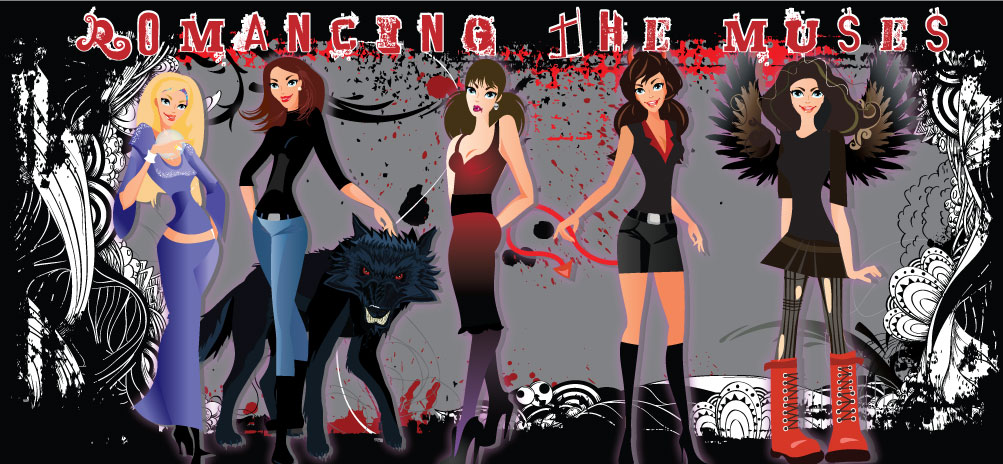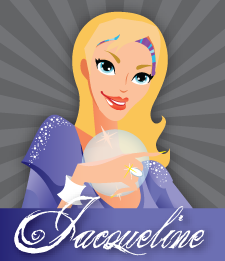Sometimes you have an idea in mind that has everything fleshed out. Details, rising action, climax, and resolution, all wrapped up nicely with every component a good author needs to tell a compelling story…all except one.
With one of my projects, I found it difficult getting into my heroine’s headspace. I knew her name and her personality, but because of the way she was meant to come across, finding her voice became difficult. There are characters who simply don’t want to talk; for these stubborn types, there are a variety of resources one may employ in order to get a creation to open up.
One of my favorites is character interviews. I’ve discussed them before in an earlier post, but they really are key to bringing forward a character and getting a feel for his or her voice. It can also determine whether or not a character is important to the story, especially if the character you’re trying to flesh out isn’t one who will be in center stage.
I’ve included links before (who may find them here if you like!) and even if you’re not struggling with a particular character at the moment, I suggest you familiarize yourself with the interviews. If for nothing else, you can use these as a way of determining whether or not your character is two-dimensional or has enough personality to be someone readers would recognize on the street.
Another important aspect of writing is a phrase all authors should know intimately, and should likewise know how to identify. “Show, Don’t Tell” is the philosophy that writers should strive to demonstrate actions and sensations rather than explain them. Recently, I’ve encountered “telling” a lot in reading, wherein an author might tell me why Bob loves Sue and describe how passionate their relationship is, but telling me isn’t going to evoke the same reaction as showing me. It’s through internal thought, action, tension drawn between characters, and a thousand different steps that separate your book from the “okay” and the “fantastic.” If you’re writing a romance, beware of phrases like, “the heat between them was palpable.” If you need to tell your reader what the characters are feeling in plain language, your scenes, while passable, might need revision.










0 comments:
Post a Comment